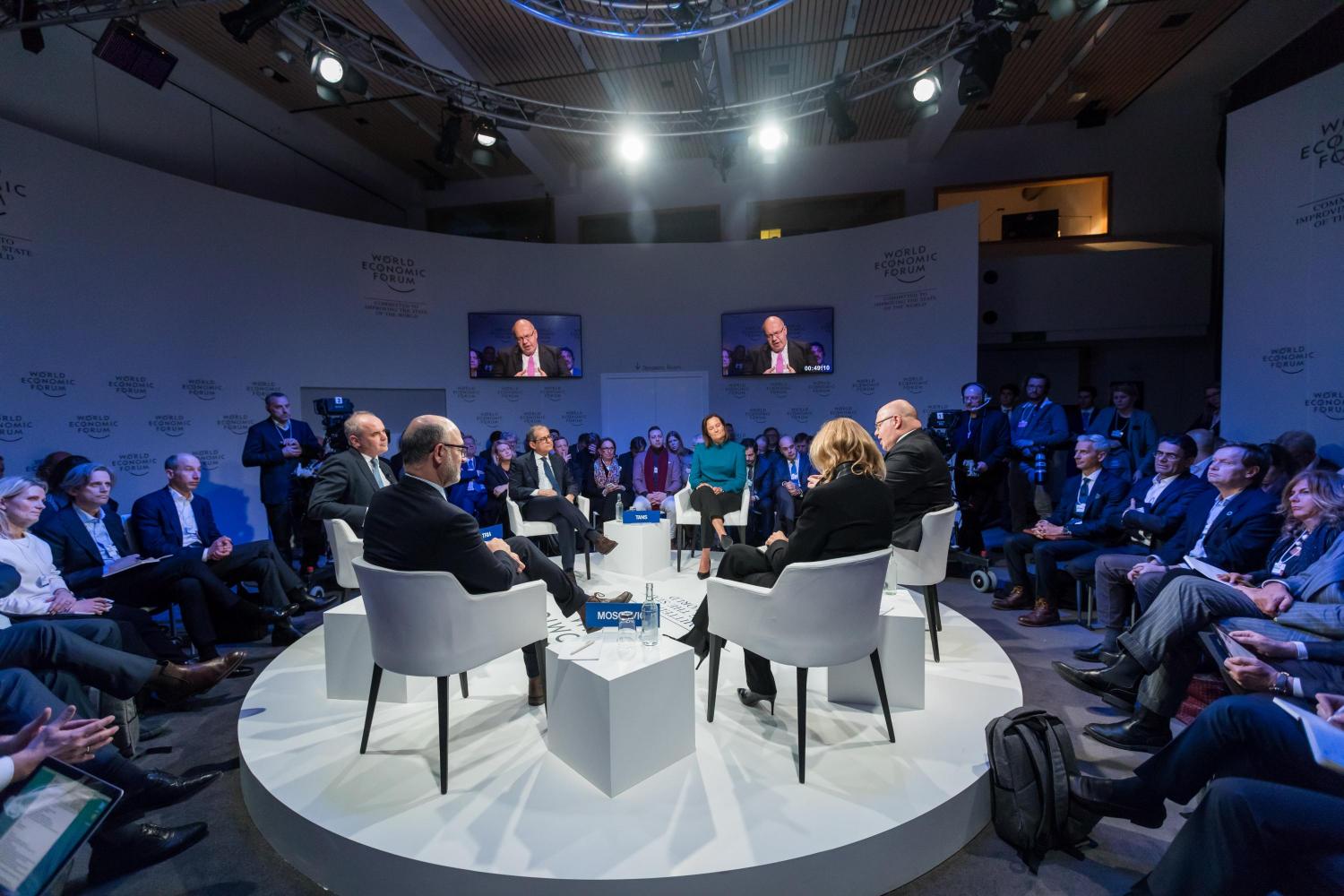
It’s tempting for a corporate sustainability leader to feel discouraged by the key findings from a recent study Accenture released in a joint effort with the UN Global Compact (UNCG).
This assessment comes a few years after a 2016 Accenture-UNCG study concluded that 70 percent of CEOs had believed the UN Sustainable Development Goals (SDGs, or Global Goals) would provide a clear framework to structure sustainability efforts.
But three years later, it turns out only 48 percent of CEOs are implementing sustainability into their operations. That has led the CEOs in this year’s survey to call for renewed action on sustainability.
But seeing the glass half empty would only be half the story reflected in the report, the world’s most comprehensive research to date on the global business community's contribution to the SDGs. The survey captures the views of more than 1,000 top executives across 21 industries and 99 countries. These leaders are not content with the status quo and “are anxious for a course correction,” according to the report.
Gaps between ambition and reality
In fact, 71 percent of CEOs surveyed in 2019 believe that—with increased commitment and action—business can play a critical role in contributing to the SDGs. While encouraging, that’s in contrast to the 90 percent in 2016 who said they were personally committed to ensuring that their companies lead on the sustainable development agenda.
“There is a gap between ambition and reality,” Jessica Long, Accenture’s managing director of strategy and sustainability, told TriplePundit in a recent interview. “Compared to three years ago, we found a lower percentage of CEOs than we’d expect taking action on their commitments.”
For example, in 2016, 49 percent of CEOs said business would be the most important actor in the delivery of the SDGs; in 2019, only 21 percent feel business is currently playing a critical role in contributing to this initiative.
Geopolitical uncertainty clouds outlook
In parsing out this shift in CEO commitment, Accenture found that several factors were clouding the 2030 outlook. Geopolitically, fragmentation and volatility have led to political and economic uncertainty. Socioeconomically, structural trends are driving greater environmental stress and social inequality such as a growing population and rising middle class. Technologically, the world is entering the Fourth Industrial Revolution (4IR), and the pace and scale of digital, biological and physical innovation could accelerate the world’s problems or provide technology breakthroughs to help achieve the SDGs.
“We found that one of the biggest reasons for the gap between ambition and reality is political uncertainty causing companies to pause what they are doing with longer term investments, which typically include sustainability, or reducing these efforts,” Long told 3p. “Beyond that, many CEOs are realizing that while there are many things a company can do within its own scope, many of these challenges require collaboration within their own sectors, across other sectors and together with governments.”
Long noted the number of pre-competitive or non-competitive consortiums that have arisen in recent years to combat sustainability problems that span sectors and industries, like the Alliance to End Plastic Waste, showing that collaboration is gaining in acceptance.
Business case gaining momentum
Long says in the end, she finds the glass more than half full in this year’s study. “I’d be more worried if business leaders were saying that they did not see the business case for sustainability or that investors were not behind sustainability—but that is clearly not the case. Today CEOs are saying, ‘We get why this is important. It’s good for business, are customers are demanding it, our consumers are demanding it, our employees are demanding it. They are feeling the pull and that to me is a watershed moment. It’s not a rogue group of sustainability professionals telling them what to do.”
In fact, only 26 percent of CEOs in 2019 cited “no clear link to business value” as a barrier to sustainability, compared to 31 percent in 2016 and 37 percent in the 2013 CEO study. In addition, 40 percent of CEOs surveyed in 2019 say sustainability is driving revenue growth and 35 percent are realizing value through cost reduction today.
Some 76 percent of CEOs say citizen trust will be critical to business competitiveness in their industry in the next five years, and it’s good they’re paying attention. In the end, Long adds, “It’s the CEO that sets the tone and only the CEO can make some of these longer-term systemic, culture-bending changes within an organization. If you want your company to truly embrace the circular economy, for instance, it’s a massive mindset change.”
Getting back on track
While this most recent Accenture study sends a worrying signal that the private sector contribution to the Global Goals is seriously off track, CEOs don’t see it as completely derailed. They’re asking their peers to:
- Raise ambition and impact: Leaders must drive change in their own organizations, and through the disruption of market systems.
- Change collaboration: Key players must connect in new ways because meaningful transformation is not a solo sport.
- Redefine responsible leadership: Leaders must embrace their role as change agents to champion the sustainability agenda.
“Being at the forefront of solving some of the most intractable problems the world is facing is the morally right choice. And we know what we do today – individually and collectively – will tell the tale about humanity, well into the future,” said study participant Steve Cahillane, Chairman and CEO of Kellogg Company.
Image credit: Evangeline Shaw/Unsplash

Based in Florida, Amy has covered sustainability for over 25 years, including for TriplePundit, Reuters Sustainable Business and Ethical Corporation Magazine. She also writes sustainability reports and thought leadership for companies. She is the ghostwriter for Sustainability Leadership: A Swedish Approach to Transforming Your Company, Industry and the World. Connect with Amy on LinkedIn and her Substack newsletter focused on gray divorce, caregiving and other cultural topics.














